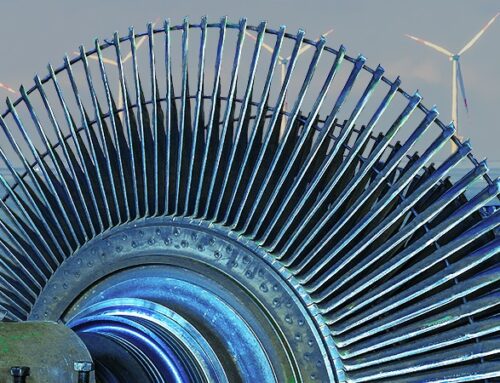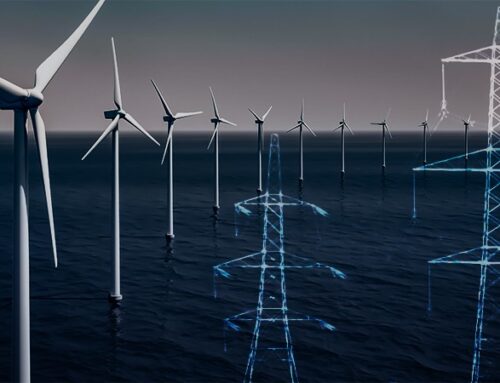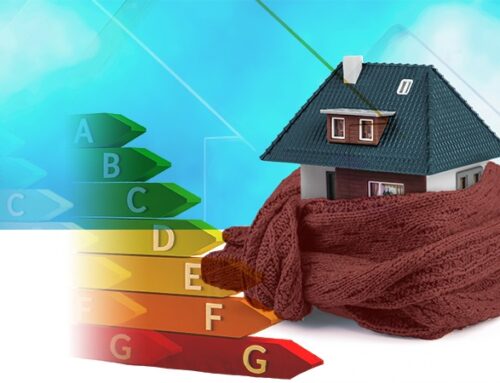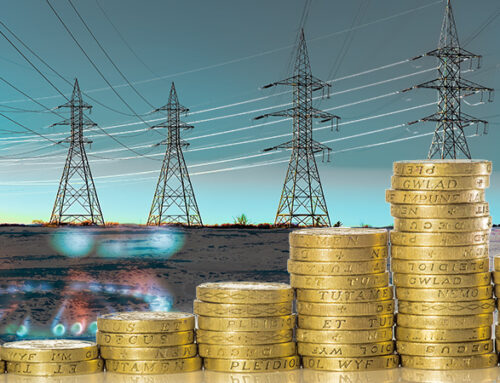The Government has finally announced a review of so-called “green tariffs” to assess whether suppliers are communicating appropriately with consumers, or whether they are engaging in “greenwashing”. According to the Government, 9 million British households are now on green tariffs, with over half of all new electricity tariffs launched now sold as being “100% renewable” or “green”. Suppliers are currently able to market tariffs as “green” even if some of the energy they supply comes from fossil fuels as long as this is offset by the purchase of green certificates known as Renewable Energy Guarantees of Origin (“REGOs”).
Options being explored by BEIS include considering whether the system around REGOs needs to be smarter, as well as whether suppliers should provide clearer information to consumers about how these tariffs work, including type of renewable energy used, where the renewable power was generated and when.
There are essentially 4 problems with green tariffs which are backed with REGOs:
- Averaging: regardless of any power purchase agreements suppliers may have with wind or solar farms, if it isn’t windy or sunny (eg still weather at night) then there will be minimal renewable energy available. Green tariffs work on an averaging basis where suppliers purchase REGOs to cover the annual amount of energy supplied, but the actual electricity being delivered to consumers will not be from renewable sources at all times;
- Location: green electrons and dirty electrons are all just electrons – the labels “green” and “dirty” have no physical reality. If a consumer lives close to Ratcliffe-on-Soar then in the winter when the plant is running, they will be receiving coal-fired generation irrespective of the type of tariff, unless they have a private wires arrangement (which is extremely rare for domestic consumers);
- Dirty REGOs: due to what is essentially fraud, some green certificates, particularly originating in Eastern Europe, have been found to have been linked to fossil-fuel generation and not renewable energy at all;
- Double-counting: there is no requirement for REGOs to travel with the electricity. A renewable generator could sell its power directly to a customer that wants to use green energy, and separately sell the REGOs allowing both the electricity customer and the REGO customer to claim they are receiving “green” electricity. As REGOs from across Europe can be used and there is no standardisation around their issuance, this problem can also arise through cross-border trading.
Supporters of the status quo argue that REGOs encourage the development of new sources of new renewable generation, but this is unlikely to be true, since REGO prices are extremely low being available for as little as 10 pence each, which is too low to provide meaningful economics to generators.
“Consumers are being sold down the river. Most people would expect a supplier claiming to offer green power to actually be buying green power however, often that is not the case at all. Many companies are using a loophole in the rules to claim they are supporting renewables when, in fact, all they are doing is luring in customers with misleading claims whilst doing little to fight against climate change,”
– Tom Steward, senior policy manager at Good Energy
My personal experience leads me to believe that ordinary consumers have little concept of these issues – most of the people I have spoken with about the subject believe their “green tariff” means they receive 100% renewable energy 100% of the time. Yet an investigation by consumer group Which? last year analysed 355 tariffs offering renewable electricity and found 20 suppliers selling 100% renewable electricity tariffs without any renewable electricity PPAs in place relying completely on REGOs to justify calling tariffs green.
Which? also found that some of the suppliers clearly don’t understand these tariffs either with one supplier telling a Which? mystery shopper that it “buys it in advance from suppliers and then redistributes it through the lines to your property”.
The Government is also publishing a separate call for evidence on third-party intermediaries in the retail energy market, such as price comparison sites, auto-switching services, and non-domestic brokers, which are used by around half of households when engaging with the energy market.
These organisations currently operate outside of the retail market rules so the Government is seeking views on whether a general regulatory framework is needed. The behaviour of these unregulated organisations has been a source of concern for some time, with many in the market believing its time to curb some of their activities and impose rules around commissions and customer communications in particular.
Both consultations can be expected to deliver strong calls for change, which will only be good news for consumers.






Whilst greenwashing is clearly a nonsense, I think we have to be careful what we wish for here. At the moment the compulsion on energy retailers is for ROCs, not REGOs. But that is about to start tailing off as we get more CFD suppported generation and ROCs start winding down. It seems clear that some of the CFD prices are improbably low. For example, the Dogger Bank wind farms are estimated to cost £2.5m/MW, which is not that much lower than the £3m/MW for Hornsea 1, yet the CFD is less than a third of the price. How to square the circle? Impose compulsion on (domestic) REGOs, which suddenly would go from 10p/MWh to £50/MWh. Problem solved. And electricity made even more expensive of course.
I think the solution to the greenwashing issue is two-fold:
1. Fair anc accurate communications with consumers
2. Time-stamping or other form of verification that matches the timing of renewable generation and its related supply
On RO / CfD, you’re right on both counts. Yes, ROs are gradually winding down although they still have quite a few years left to run, and yes, CfD prices are far too low (as highlighted by the work of Gordon Hughes).
I think this will lead to windfarms closing when their subsidies run out unless wholesale prices rise more than will be politically palatable. And so we will need more subsidies, possibly on some “re-powering” or other refurbishment pretext.
However I also expect some movement on the way these costs are recovered. Forcing them on to electricity prices is now actively inhibiting Government plans to get people to switch from gas to electric heating. Ideally subsidy costs will move to general taxation, which will be better for low income consumer who typically don’t pay income taxes.
OTOH government were wondering out loud about transferring electricity costs to gas bills in order to make heat pumps seem less uneconomic. Perhaps they will do it by claiming that gas bills need to cover for very high cost hydrogen. 20% hydrogen at 5 times the cost of methane would add 80% to the wholesale cost of gas. There are some with a malicious streak in government and BEIS/CCC etc. We have to hope that some form of sanity prevails via MPs like Craig Mackinley, who now seems to be grasping the severity of the cost of net zero problem a bit better – his article in The Critic shows that.
https://thecritic.co.uk/issues/august-september-2021/what-will-net-zero-cost/
You seem to have given him a bit of an education!
I am almost certain the government won’t move policy costs onto gas bills because all it would do is push the problem further down the road. If the use of gas is to be phased out then the tax base would be designed to fall over time, pushing costs up even more (probably onto those who can’t afford the upfront costs of heat pumps) and eventually they will either have to move back to electricity or be recovered some other way. I think the some other way option makes more sense, even aside from the fact that I’ve always thought these costs should be recovered through general taxation.
That article is interesting. All political parties have studiously ignored the costs of de-carbonisation and tried to hide them from the public (pretending bills are high because suppliers are greedy rip-off merchants rather than because policy costs are driving them up). But the game is almost up – it net zero is going to happen we’re going to have to start really spending and changing our consumption habits. Once voters start to actually experience this pain, I’m sure they’ll go off the whole idea, particularly against the backdrop of new Chinese coal plant.